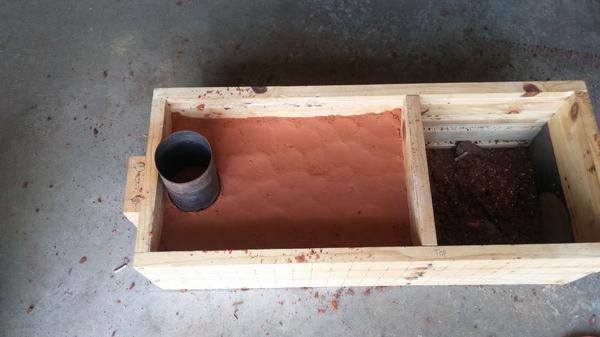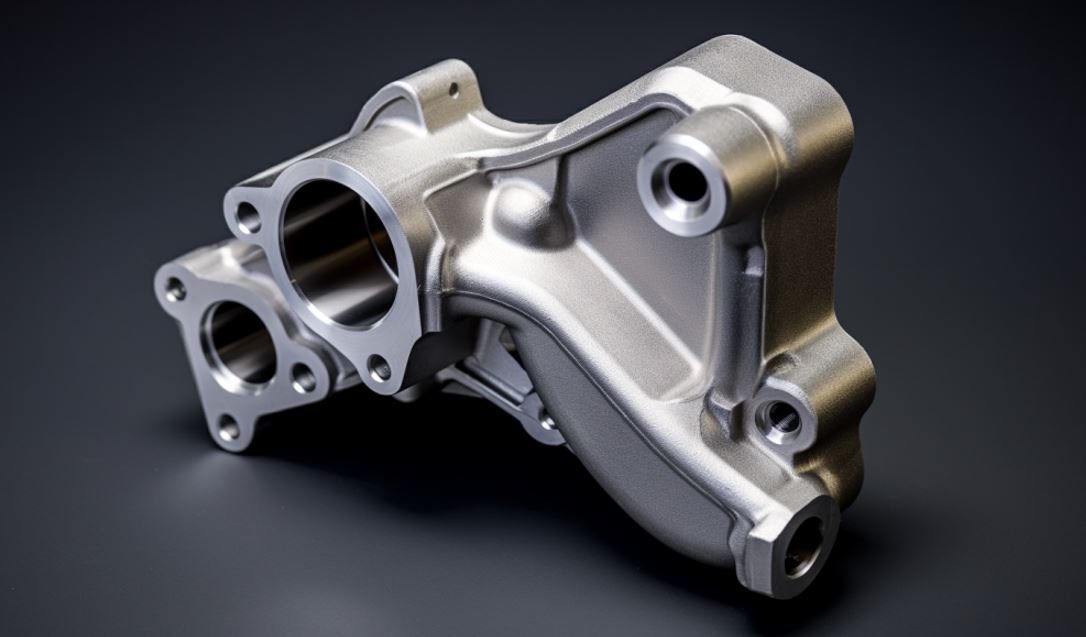Some Known Questions About Alcast Company.
Some Known Questions About Alcast Company.
Blog Article
Fascination About Alcast Company
Table of ContentsThe Best Guide To Alcast CompanySee This Report on Alcast CompanyThings about Alcast CompanyThe Only Guide to Alcast CompanyThe 4-Minute Rule for Alcast CompanyGet This Report on Alcast Company
The refined distinction hinges on the chemical content. Chemical Comparison of Cast Aluminum Alloys Silicon promotes castability by minimizing the alloy's melting temperature level and improving fluidity during casting. It plays an important duty in permitting elaborate molds to be filled precisely. Furthermore, silicon adds to the alloy's stamina and use resistance, making it useful in applications where resilience is vital, such as automotive components and engine elements.It likewise enhances the machinability of the alloy, making it easier to refine right into completed products. By doing this, iron adds to the general workability of aluminum alloys. Copper increases electric conductivity, making it helpful in electrical applications. It additionally improves rust resistance and adds to the alloy's total stamina.
Manganese adds to the strength of aluminum alloys and boosts workability. Magnesium is a lightweight aspect that gives strength and effect resistance to light weight aluminum alloys.
The Only Guide for Alcast Company
Zinc improves the castability of aluminum alloys and helps control the solidification process during casting. It improves the alloy's toughness and solidity.

The key thermal conductivity, tensile strength, return strength, and elongation vary. Select suitable resources according to the performance of the target product produced. Among the above alloys, A356 has the highest thermal conductivity, and A380 and ADC12 have the most affordable. The tensile restriction is the contrary. A360 has the ideal return toughness and the greatest prolongation rate.
The 5-Minute Rule for Alcast Company

In accuracy casting, 6063 is appropriate for applications where complex geometries and top quality surface area coatings are paramount. Examples consist of telecommunication enclosures, where the alloy's remarkable formability enables sleek and visually pleasing styles while keeping architectural integrity. Similarly, in the Illumination Solutions market, precision-cast 6063 parts develop elegant and efficient illumination fixtures that need complex forms and excellent thermal efficiency.
The A360 exhibits exceptional prolongation, making it optimal for complicated and thin-walled components. In accuracy casting applications, A360 is well-suited for industries such as Customer Electronics, Telecommunication, and Power Devices.
5 Simple Techniques For Alcast Company
Its distinct homes make A360 a beneficial choice for accuracy spreading in these markets, boosting item sturdiness and top quality. Aluminum alloy 380, or A380, is a widely utilized spreading alloy with a number of distinct characteristics. It provides exceptional castability, making it an excellent choice for precision casting. A380 shows good fluidity when molten, making sure detailed and detailed mold and mildews are accurately reproduced.
In accuracy casting, light weight aluminum 413 radiates in the Consumer Electronic Devices and Power Tools sectors. This alloy's exceptional deterioration resistance makes it a superb option for outdoor applications, making sure long-lasting, sturdy products in the stated industries.
Getting The Alcast Company To Work
The aluminum alloy you select will considerably impact both the casting process and the homes of the final product. Due to the fact that of this, you need to make your choice meticulously and take an enlightened method.
Determining the most appropriate aluminum alloy for your application will imply evaluating a wide selection of features. The first category addresses alloy characteristics that affect the manufacturing process.
Alcast Company Can Be Fun For Anyone
The alloy you select for die casting directly influences numerous aspects of the spreading process, like just how easy the alloy is to deal with and if it is vulnerable to casting problems. Warm breaking, additionally known as solidification splitting, is a typical die casting issue for aluminum alloys that can lead to inner or surface-level tears or splits.
Certain aluminum alloys are much more prone to warm fracturing than others, and your selection must consider this. It can harm both the actors and the die, so you need to look for alloys with high anti-soldering residential or commercial properties.
Rust resistance, which is already a remarkable feature of light weight aluminum, can differ substantially from alloy to alloy and is an important characteristic to consider depending on the environmental conditions your item will certainly be revealed to (Aluminum Casting). Put on resistance is an additional residential or commercial property typically sought in aluminum items and can separate some alloys
Report this page